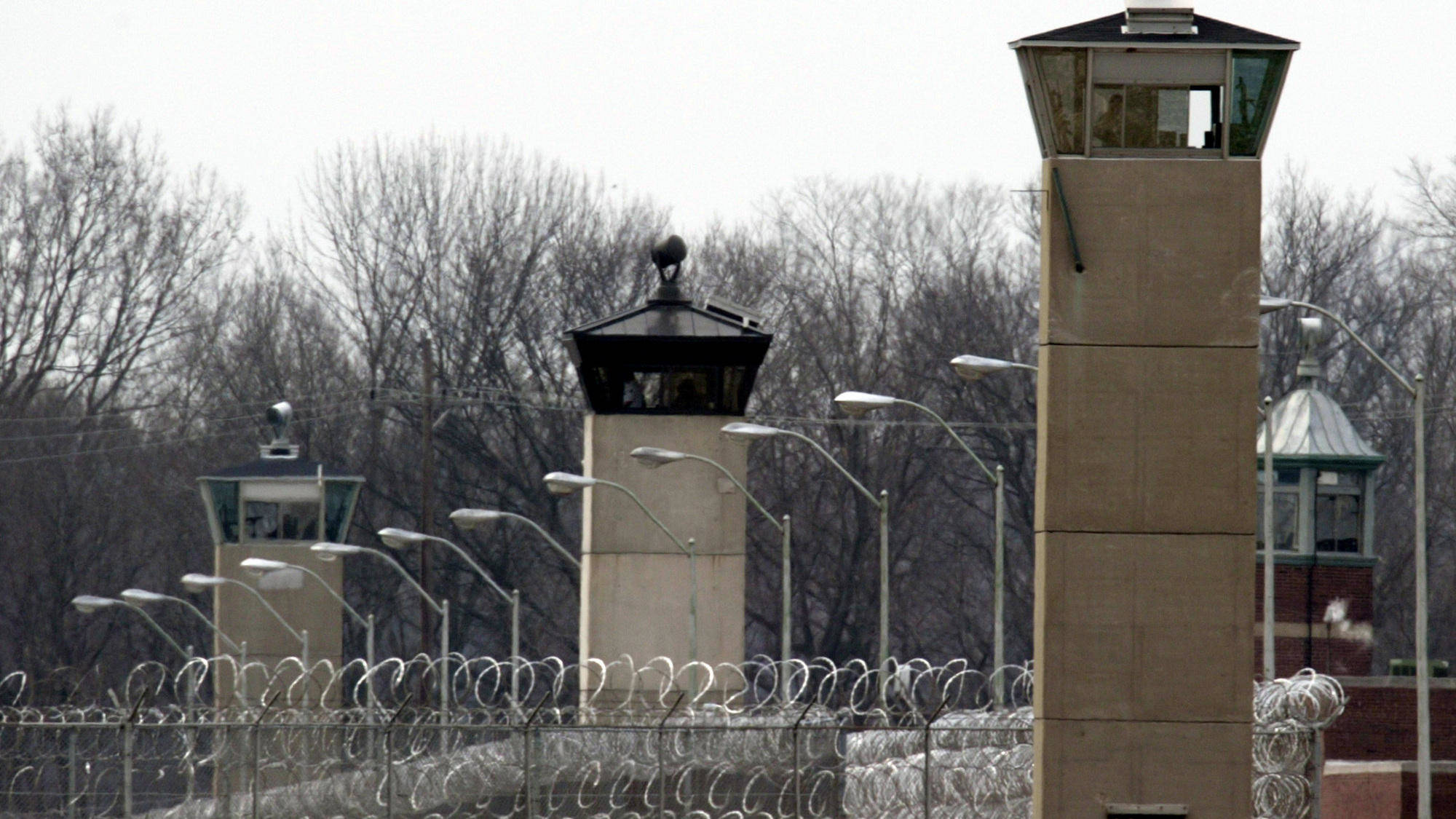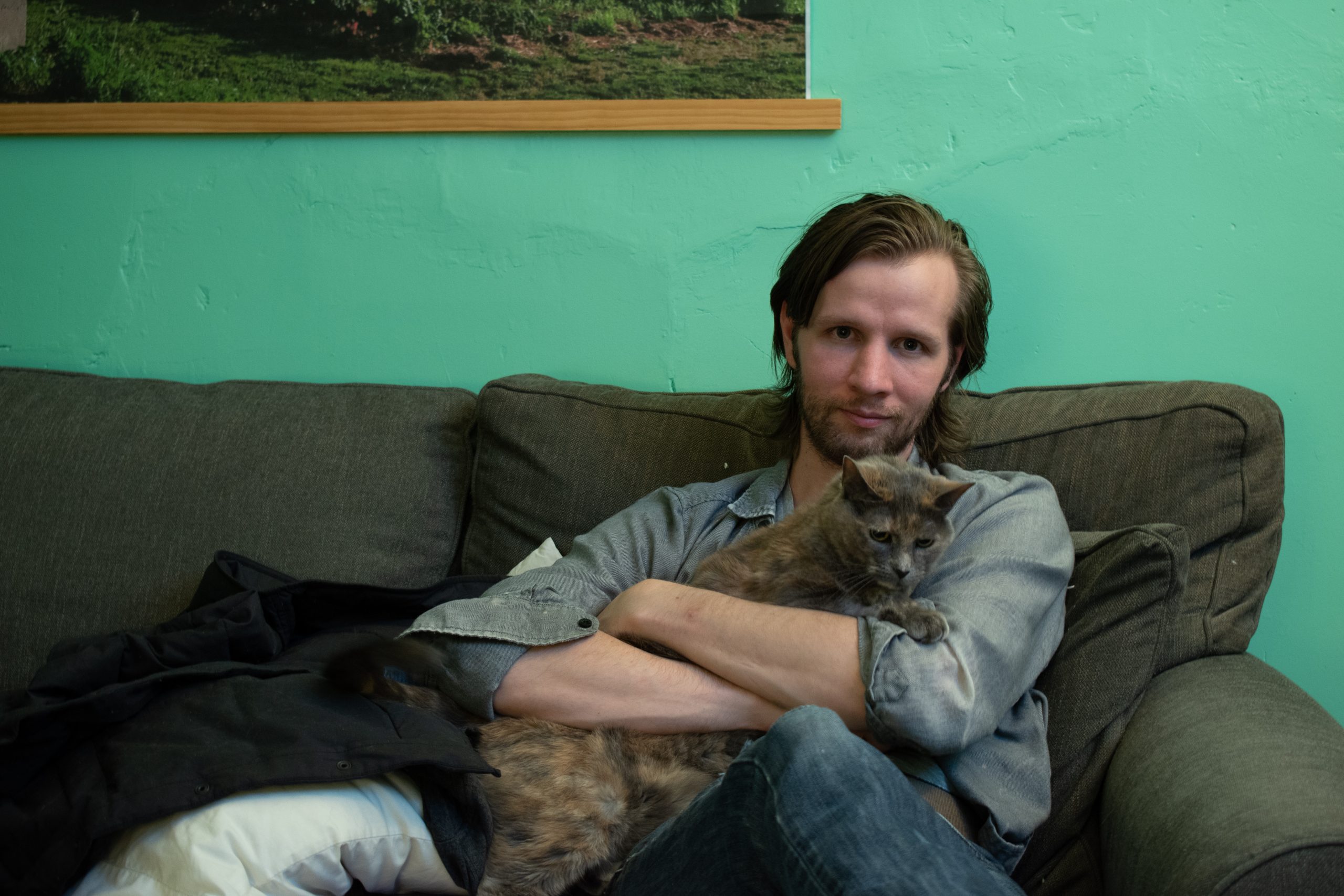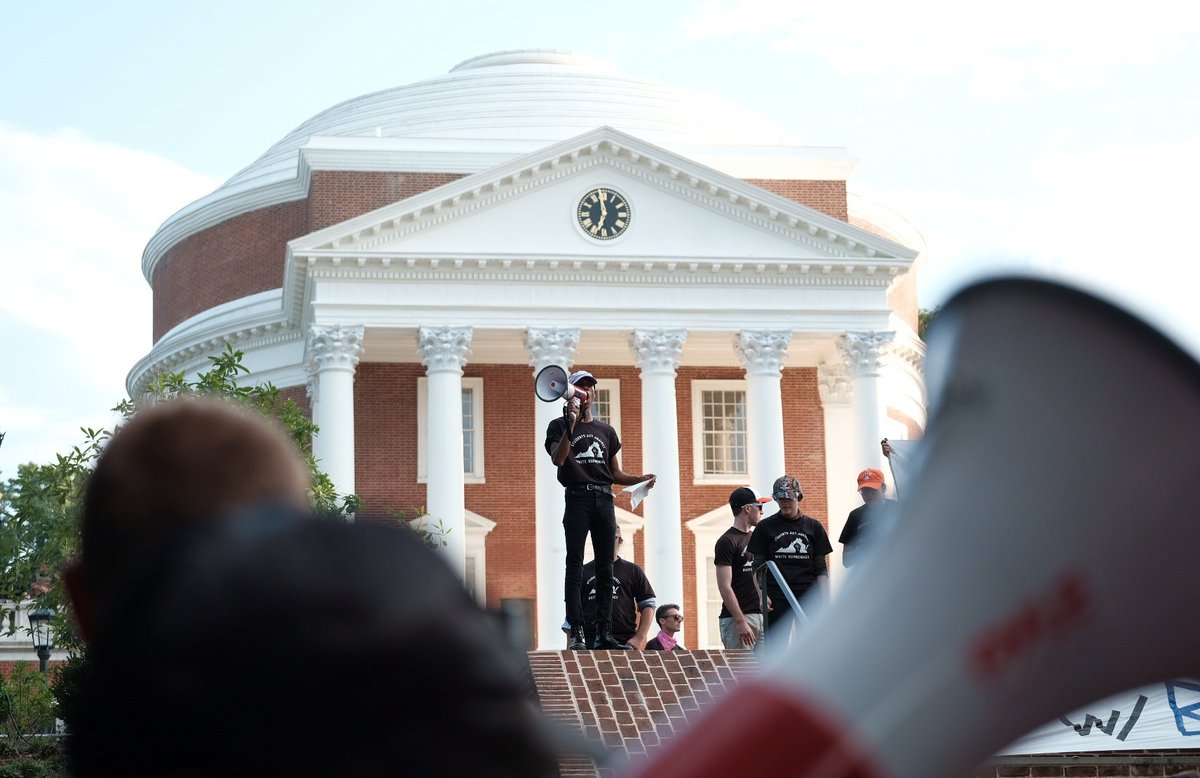In the past few weeks the prosecution and incarceration of activists, direct-actionists and philanthropists as terrorists has seen a resurgence in media attention. It’s never too little or too late…
 Last week The Wall Street Journal took a critical look at the Animal Enterprise Terrorism Act (AETA) citing that the law was both irresponsible and redundant in the way it prosecutes activists as terrorists for combined legal and illegal actions, noting that the illegal actions prosecuted under the act (liberating animals, destroying property, etc) are already crimes under state and federal law. You can read a non-subscription version of the article HERE.
Last week The Wall Street Journal took a critical look at the Animal Enterprise Terrorism Act (AETA) citing that the law was both irresponsible and redundant in the way it prosecutes activists as terrorists for combined legal and illegal actions, noting that the illegal actions prosecuted under the act (liberating animals, destroying property, etc) are already crimes under state and federal law. You can read a non-subscription version of the article HERE.
 The Paris-based Arte Television and CAPA Presse TV aired the segment ‘Qui sont les éco-terroristes?‘ (who are the ecoterrorists?) as part of their Global Magazine series, broadcasted across France, Germany, and Switzerland. The segment highlighted the case against the SHAC7 and Operation Backfire defendant Daniel McGowan and featured interviews with Green is the New Red author Will Potter, Jenny Synan, Andy Stepanian of the Sparrow Media Project and Alexi Agathocleous of the Center for Constitutional Rights. The segment took a critical view of the Animal Enterprise Terrorism Act, FBI scaremongering, and highlighted animal industries influence on designer legislation like the AETA. The segment also drew attention to Stepanian’s and McGowan’s incarceration within Federal Communication Management Units (CMUs) and showed McGowan’s “Notice of Transfer” as well as an elaborate computer generated model of the Federal Penitentiary in Marion, IL where the CMU is located. You can view the segment below.
The Paris-based Arte Television and CAPA Presse TV aired the segment ‘Qui sont les éco-terroristes?‘ (who are the ecoterrorists?) as part of their Global Magazine series, broadcasted across France, Germany, and Switzerland. The segment highlighted the case against the SHAC7 and Operation Backfire defendant Daniel McGowan and featured interviews with Green is the New Red author Will Potter, Jenny Synan, Andy Stepanian of the Sparrow Media Project and Alexi Agathocleous of the Center for Constitutional Rights. The segment took a critical view of the Animal Enterprise Terrorism Act, FBI scaremongering, and highlighted animal industries influence on designer legislation like the AETA. The segment also drew attention to Stepanian’s and McGowan’s incarceration within Federal Communication Management Units (CMUs) and showed McGowan’s “Notice of Transfer” as well as an elaborate computer generated model of the Federal Penitentiary in Marion, IL where the CMU is located. You can view the segment below.
 The stories surrounding CMU programs in Marion Illinois, and Terre Haute Indiana were revisited by NPR’s Justice Department correspondents who noted that the transfer of 5 high-profile inmates to the unit further called into question the constitutionality of the CMU and it’s overwhelming Muslim population.
The stories surrounding CMU programs in Marion Illinois, and Terre Haute Indiana were revisited by NPR’s Justice Department correspondents who noted that the transfer of 5 high-profile inmates to the unit further called into question the constitutionality of the CMU and it’s overwhelming Muslim population.
Will Potter also revisited the issue of CMUs in a look at the now defunct Lexington High Security Unit. Highlighted in Potter’s book Green is the New Red the Lexington High Security Unit was a federal political prison program strikingly similar to the that of the CMU and the lesser known ADMAX Unit at The Federal Medical Center at Carswell, TX. Potter writes —
“The government has reason to be secretive about this program [Communications Management Units], because similar experiments have not been well received by civil rights and human rights organizations. The Bureau of Prisons has a history of operating pilot programs outside the confines of the Constitution.
For example, the High Security Unit in the federal women’s prison in Lexington, Kentucky, was created in the 1980s to house political prisoners belonging to an organization that, according to the Bureau of Prisons, “attempts to disrupt or overthrow the government of the U.S.” The Lexington HSU existed below ground, in total isolation from the outside world and with radically restricted prisoner communications and visitations. The women were subjected to constant fluorescent lighting, almost daily strip searches, and sensory deprivation. The purpose of these conditions, according to a report by Dr. Richard Korn for the ACLU, was to “reduce prisoners to a state of submission essential for ideological conversion.” The Lexington HSU was closed in 1988 after an outcry by Amnesty International, the ACLU and religious groups.”
 The Southern Illinoisian, a daily paper published out Carbondale, IL featured two articles and a cover shot highlighting the CMU program. Although the photographs provided by the officials at the Marion, Penitentiary were misleading (the CMU does not have a gymnasium or any similar open spaces for recreation) the papers editors went to great lengths to challenge the legality of the unit and to question who is actually housed within the controversial program. Within the paper’s cover article lawyers with the Center for Constitutional Rights blasted the unit for its lack of due process and grossly disproportionate population of Muslim detainees. A second, more personal article featured interviews with Noor Elashi, Jenny Synan, and Andy Stepanian about their experiences with the CMU. Noor’s father, Ghassan Elashi’s, only crime is providing charitable aide to hospitals in the Israeli-Occupied Palestinian territories. You can read The Southern’s articles HERE and HERE.
The Southern Illinoisian, a daily paper published out Carbondale, IL featured two articles and a cover shot highlighting the CMU program. Although the photographs provided by the officials at the Marion, Penitentiary were misleading (the CMU does not have a gymnasium or any similar open spaces for recreation) the papers editors went to great lengths to challenge the legality of the unit and to question who is actually housed within the controversial program. Within the paper’s cover article lawyers with the Center for Constitutional Rights blasted the unit for its lack of due process and grossly disproportionate population of Muslim detainees. A second, more personal article featured interviews with Noor Elashi, Jenny Synan, and Andy Stepanian about their experiences with the CMU. Noor’s father, Ghassan Elashi’s, only crime is providing charitable aide to hospitals in the Israeli-Occupied Palestinian territories. You can read The Southern’s articles HERE and HERE.




